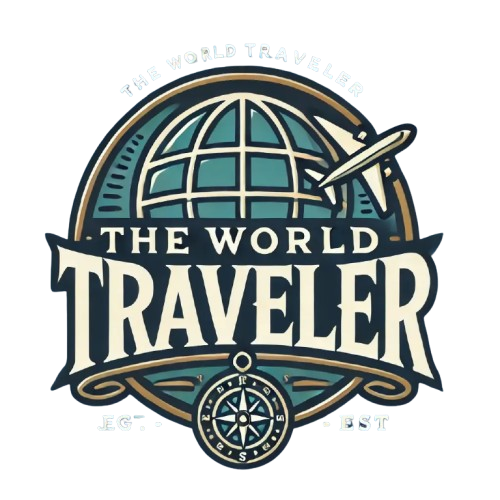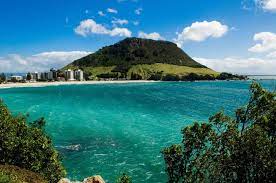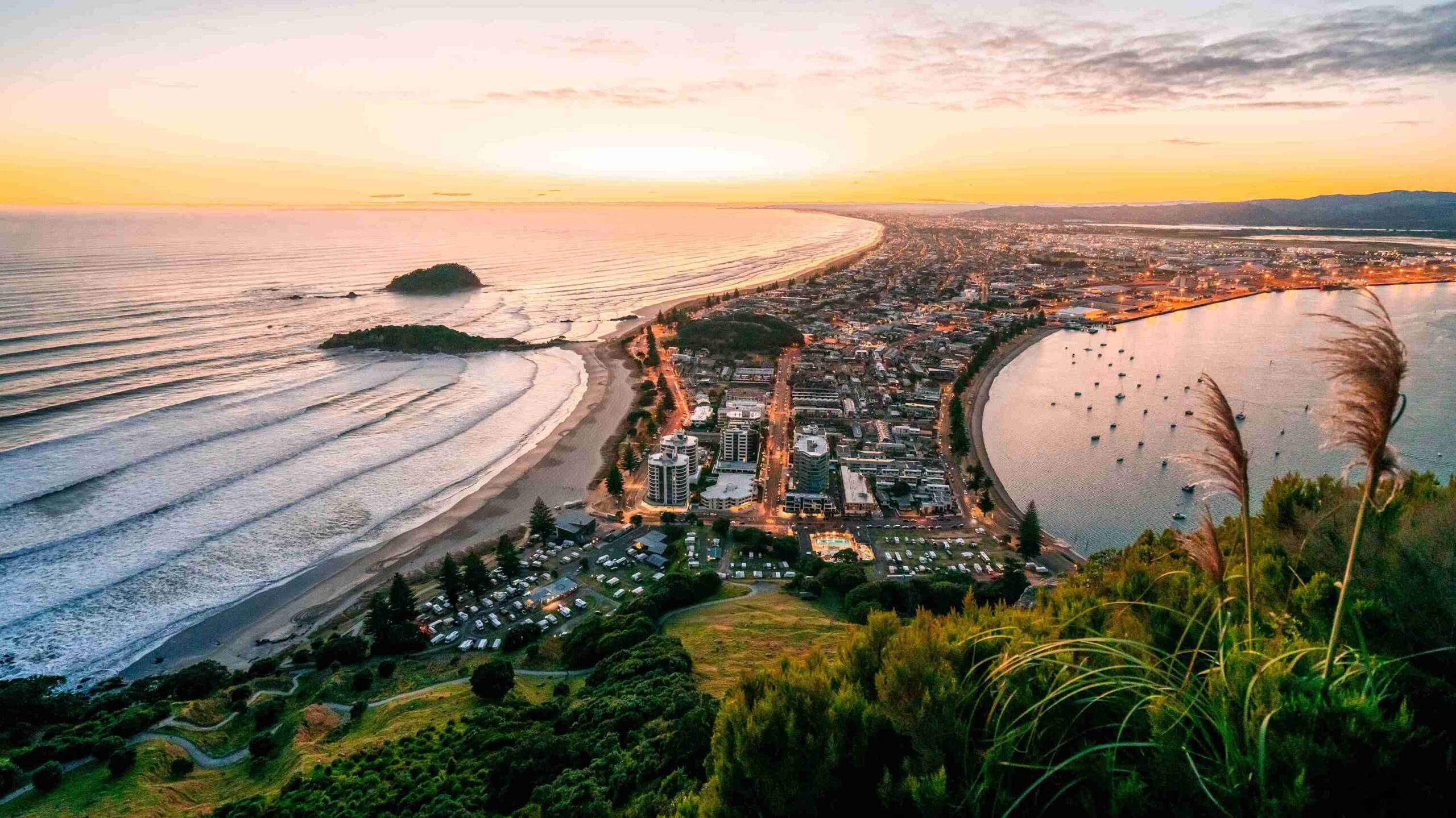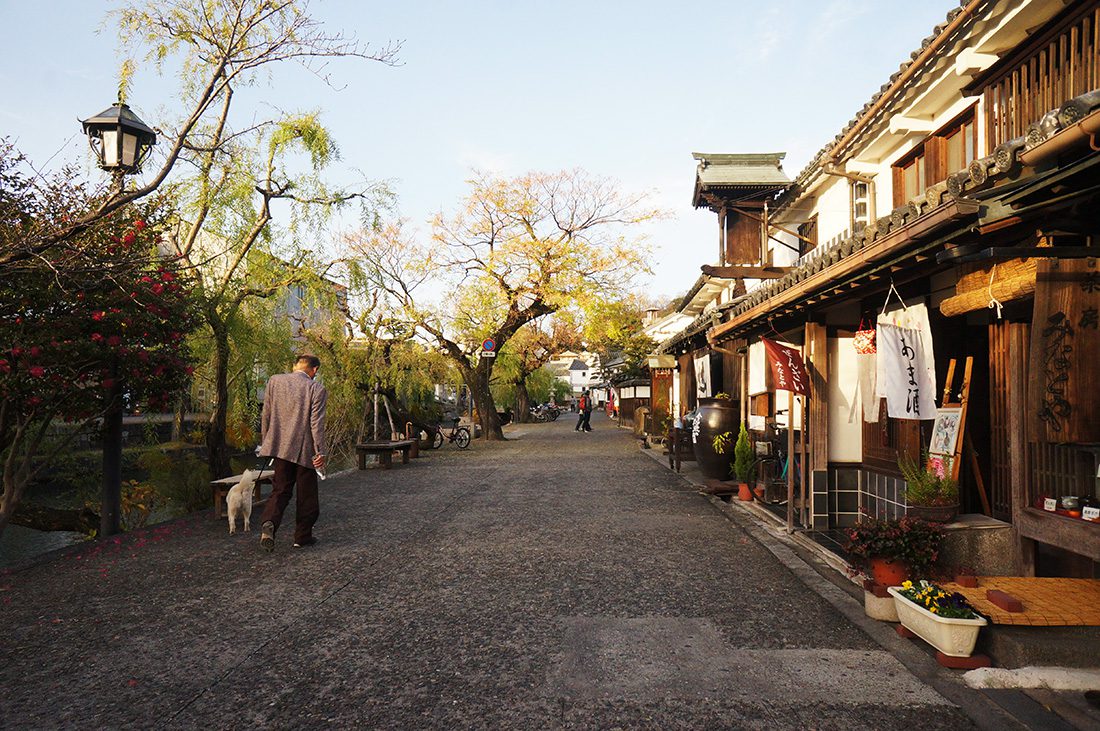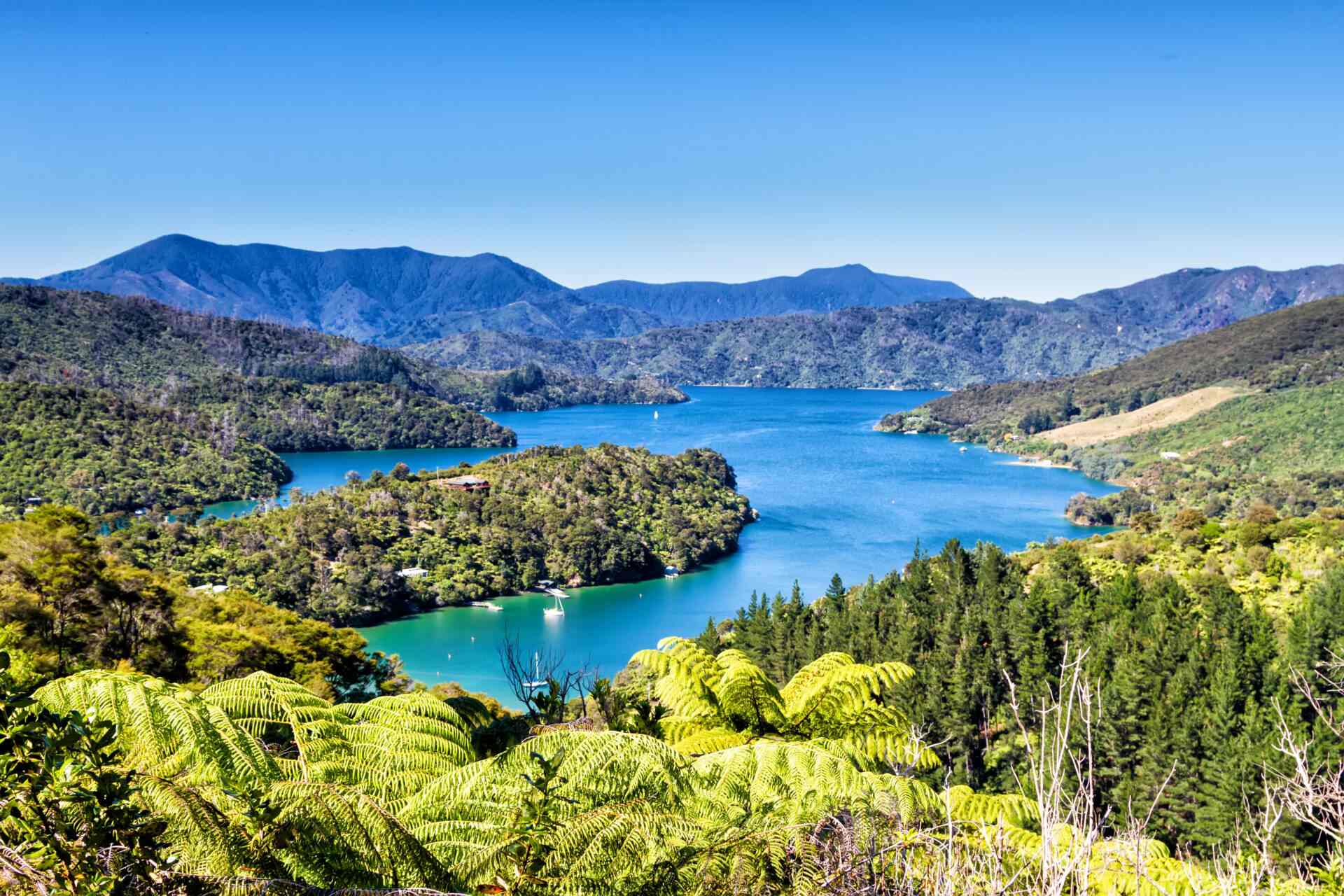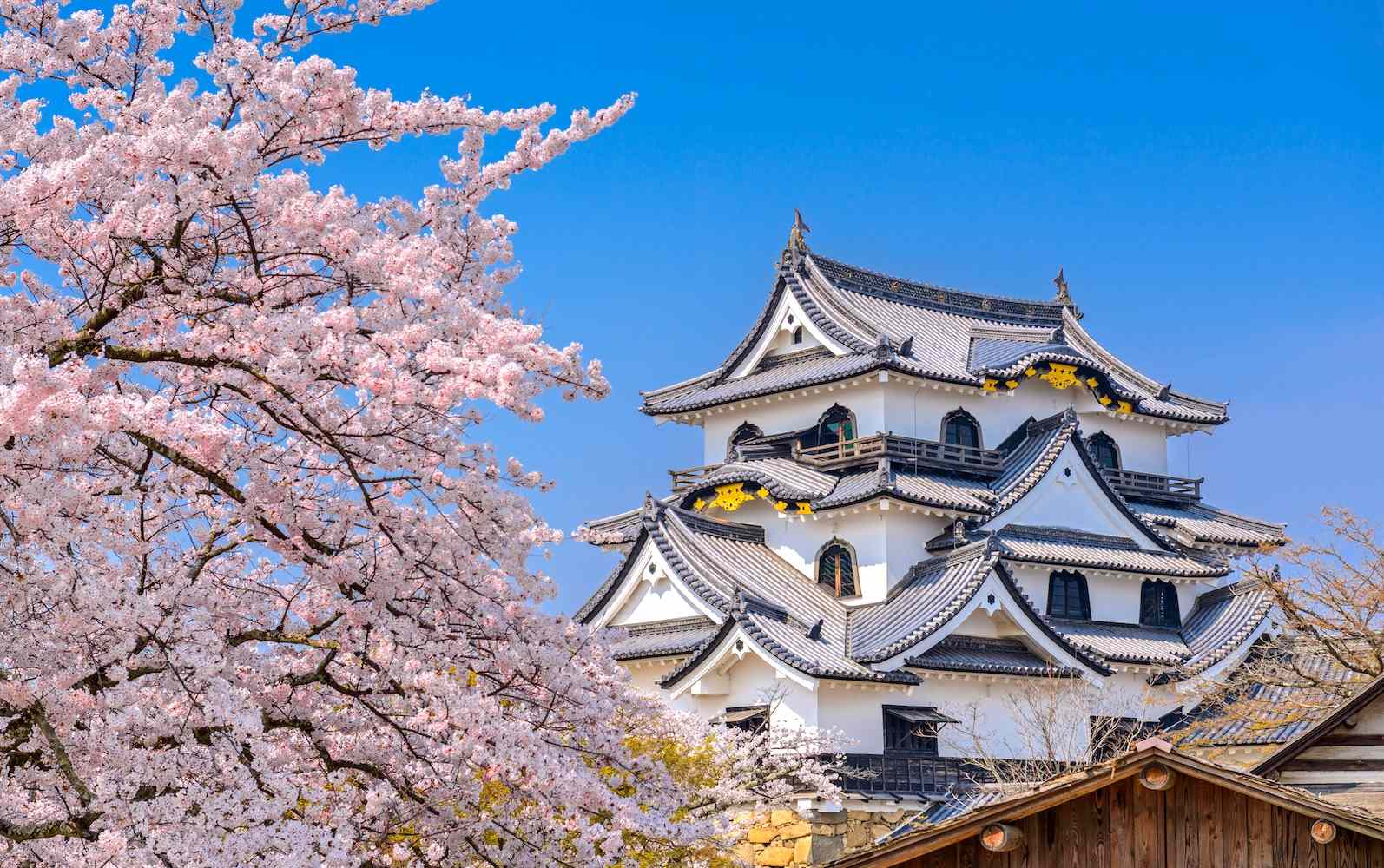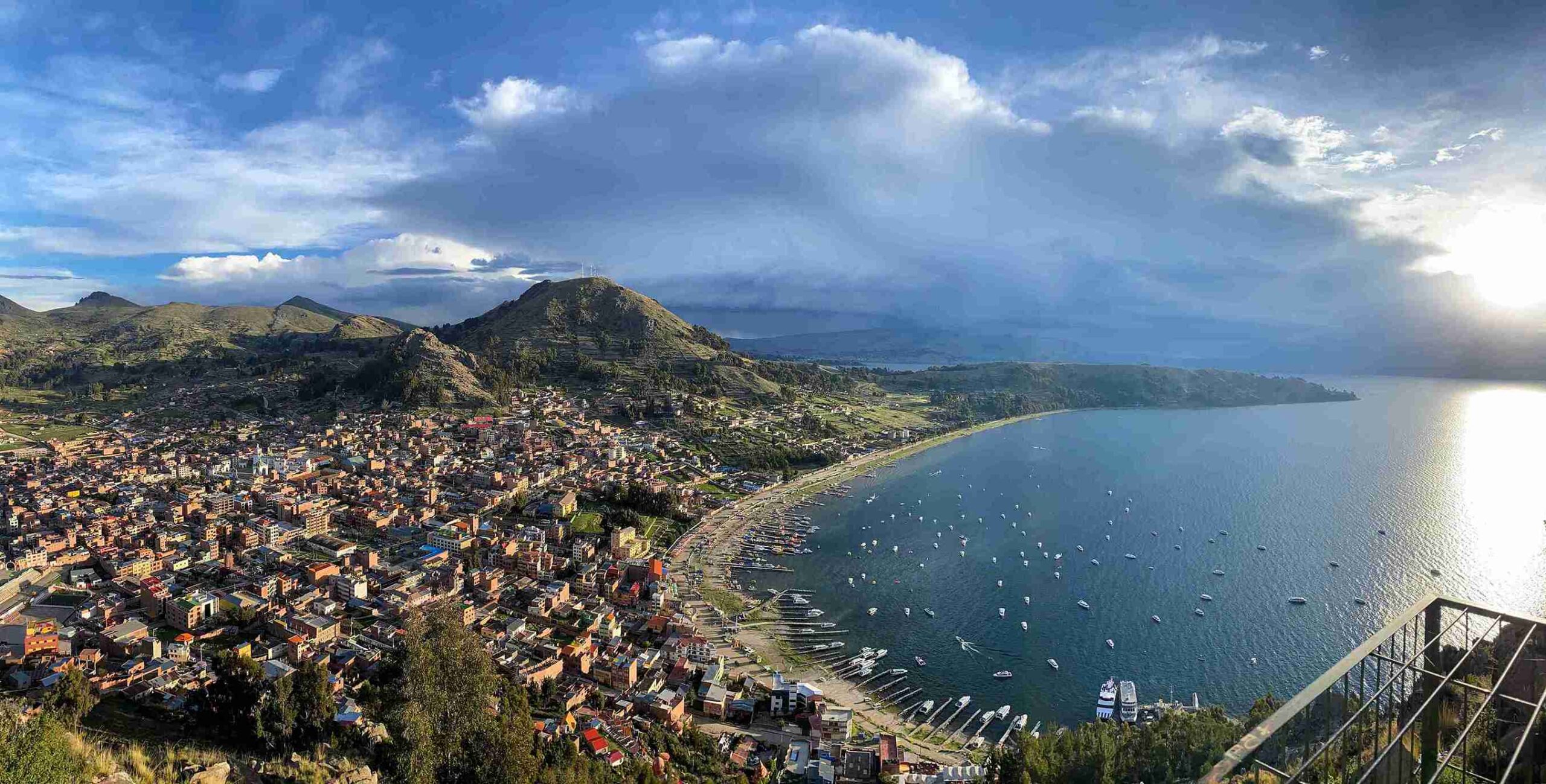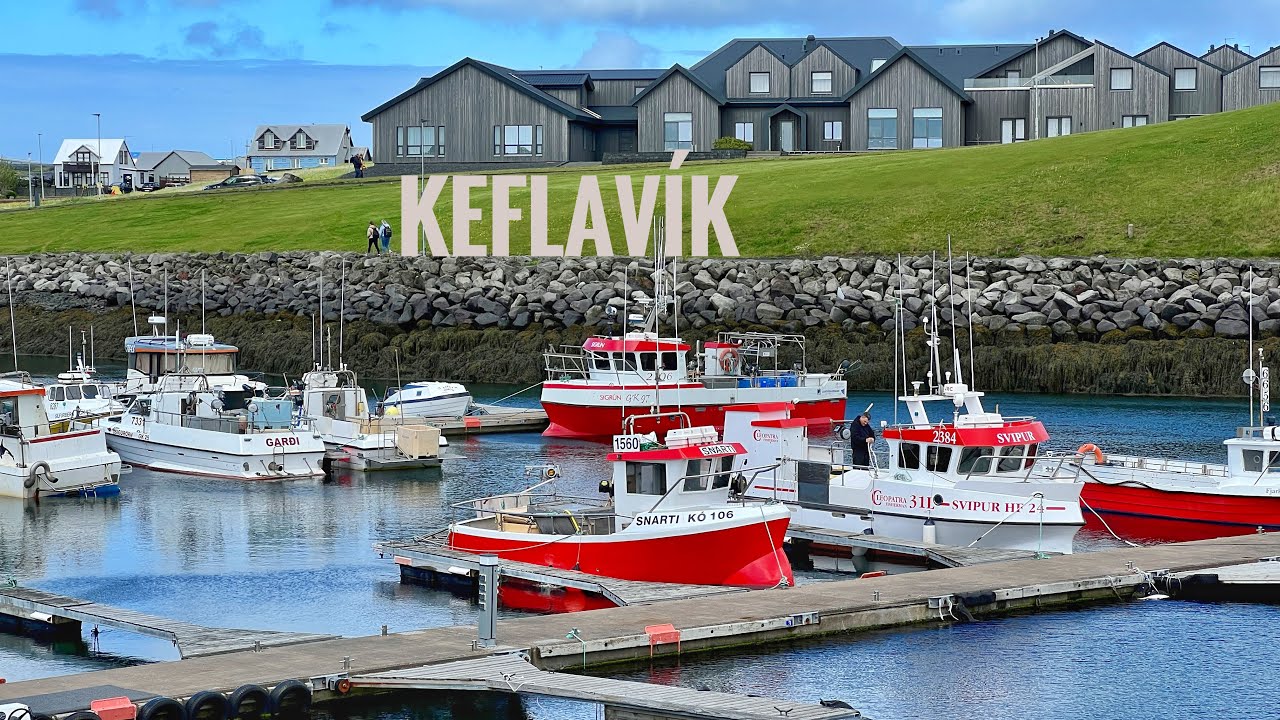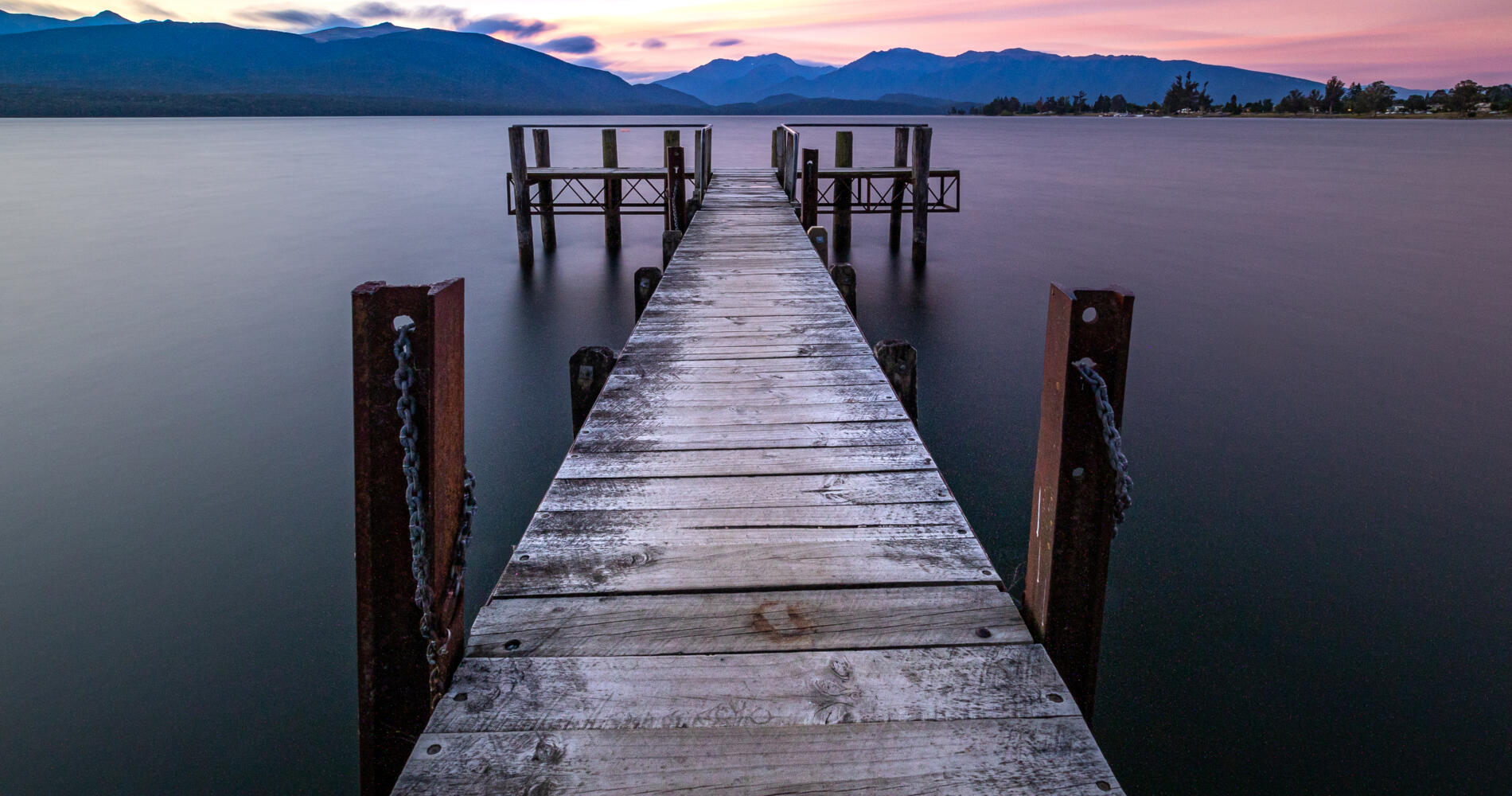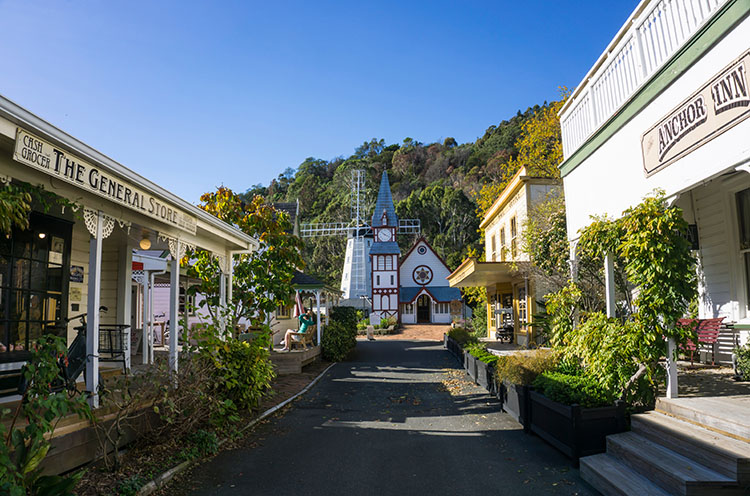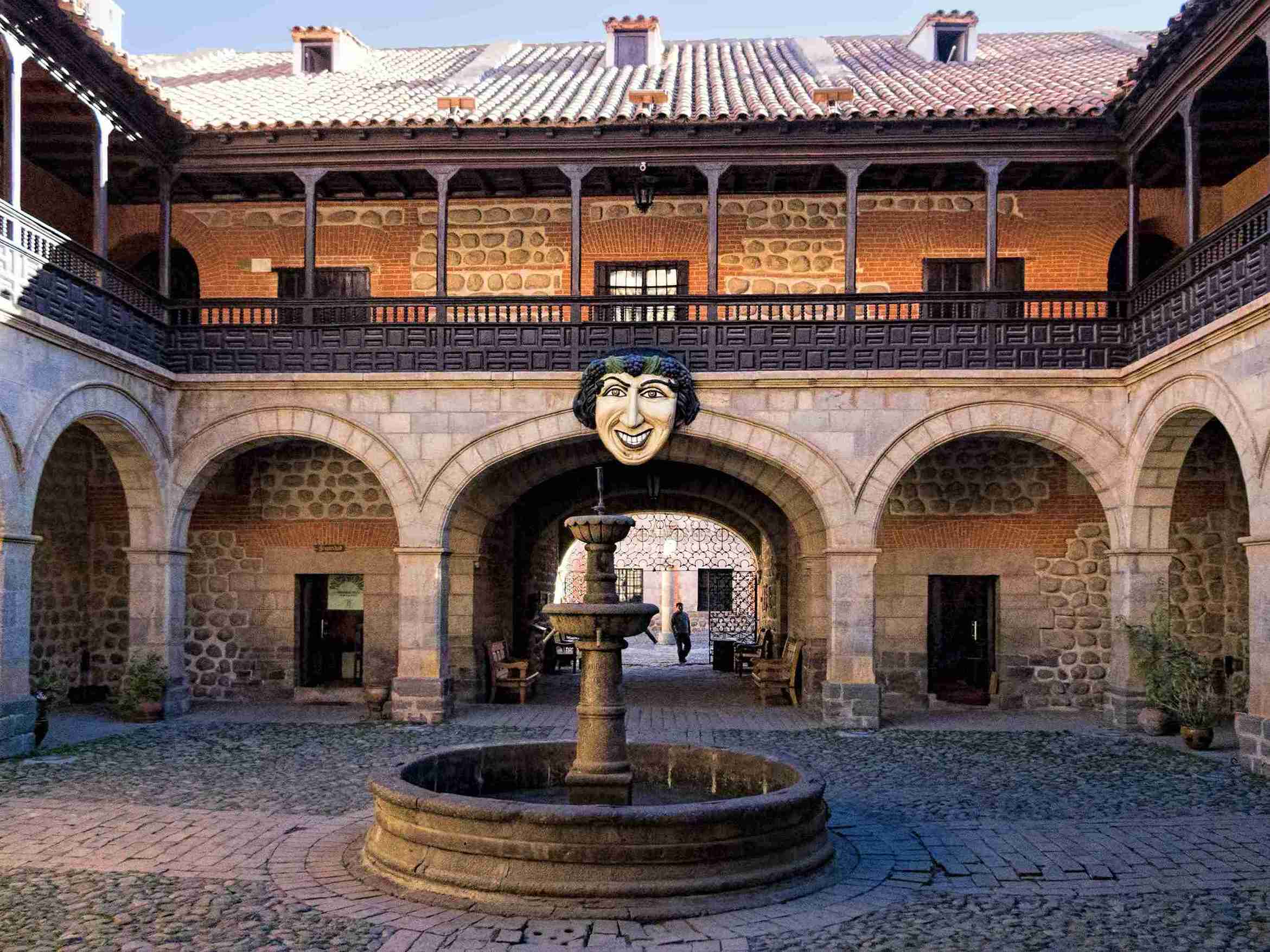Okavango Delta, Botswana travel tips
Category
Categories
Popular Articles
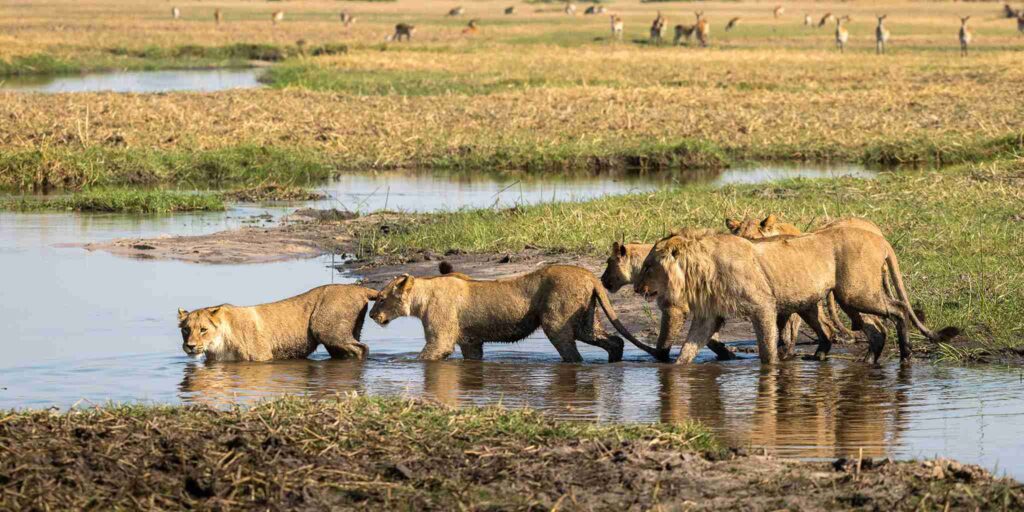
Okavango Delta, located in Botswana, is one of Africa’s last remaining great wildlife habitats and offers incredible game viewing and bird watching, including all major naturally occurring herbivore and carnivore species on the continent. Being the world’s largest inland delta, it is renowned for its vast, untouched freshwater wetland. The big draw is the wildlife – from big predators to minute colorful birds – that throngs the lagoons and islands. Imagine spotting elephants bath in lagoons, lions chase buffalos, endangered African wild dogs, and so much more. What better reason to visit than observing free-roaming elephants, buffalos, and even the endangered African wild dog in their natural habitat?
**Best Time to Visit:**
The best time to visit Okavango Delta is during the dry season, between May and October when wildlife concentrates around the water sources, making it easier to spot them. However, this is also peak tourist season. For bird watchers, the rainy season from November to April is perfect, when migratory birds come to the delta. Major events include the Maun Festival in April-May, celebrating local culture.
**Climate & What to Pack:**
Okavango has a semi-arid climate. During the dry season, temperatures range from 5°C to 30°C and can get quite chilly at night, while during the wet season, humidity increases and temperatures reach up to 40°C. Layered clothing is recommended, and during game drives, neutral tones are advisable not to attract or distract any wildlife. Crucial packing items also include a hat, sunscreen, a reusable water bottle, a good pair of binoculars, insect repellent, and waterproof bags to keep electronics safe.
**Getting There:**
The nearest major airport is Maun Airport. Airlines serving Maun have connections through Johannesburg, in South Africa, providing good access from Europe, North America, Asia, and Australia. From the airport, you will need to take a smaller flight to reach the heart of Okavango Delta. Alternatively, you can reach by road or boat trips from Maun. Visas are required for most nationalities and can be obtained on arrival for many citizens. Check with your local Botswana Embassy for more details.
**Getting Around Locally:**
Inside the Okavango Delta, the main modes of transportation are small planes, boats, and on foot (guided walks). Vehicles can be used in some areas, but boats are more common due to the terrain. Canoeing is also a popular way to explore the smaller channels and view wildlife.
**Safety Tips:**
Botswana is one of the safest countries in Africa, but as with all travel, precautions should be taken. Avoid walking in unlit areas at night and keep an eye on your belongings. When on safari, always obey the instructions from your guide, as animals are unpredictable. Cultural etiquette respects traditional beliefs, so dressing modestly is recommended.
**Top Things to Do & See:**
Okavango Delta teems with wildlife and bird species, and a guided safari is not to be missed. For a unique perspective, try a mokoro safari (traditional canoe) or a bushwalk. Birdwatchers will also love the vast number of species, particularly in the wet season. Scenic flights offer an incredible aerial view of the Delta.
**Where to Stay:**
The Okavango Delta offers a range of accommodations, from luxury lodges to budget-friendly camps. For luxury, consider Mombo Camp or Abu Camp. Mid-range selections include Pom Pom Camp and Rra Dinare Camp. For budget travelers, consider The Old Bridge Backpackers.
**Food & Local Cuisine:**
Dining in Okavango Delta is majorly provided at the camps and lodges, where you can try dishes with local ingredients like Bogobe (porridge), seswaa (pounded meat), and locally brewed beer.
**Cultural & Practical Tips:**
The currency is Botswana Pula. English is widely spoken in Botswana, though Setswana is the national language. Tipping is customary for good service in Botswana. The standard power plug is a type D, G, and M, and the standard voltage is 230 V. Most places in the Okavango Delta have Wi-Fi, but the connection is likely to be slow.
**Sustainable or Responsible Travel Tips:**
Respect wildlife, maintain distance, and avoid disturbing their natural behavior. Follow principles of “Leave no trace”, dispose of waste properly and avoid single-use plastic. Respect the local culture and tradition, seek permission before clicking photos of locals.
As a final tip for someone visiting for the first time, don’t rush your trip. Allow yourself to immerse in the alluring nature and the enchanting beauty of the Okavango Delta, try to explore beyond the guides, and leave room for unexpected adventures to occur. You will love it, glimpse by glimpse, experience by experience. Safe travels!
